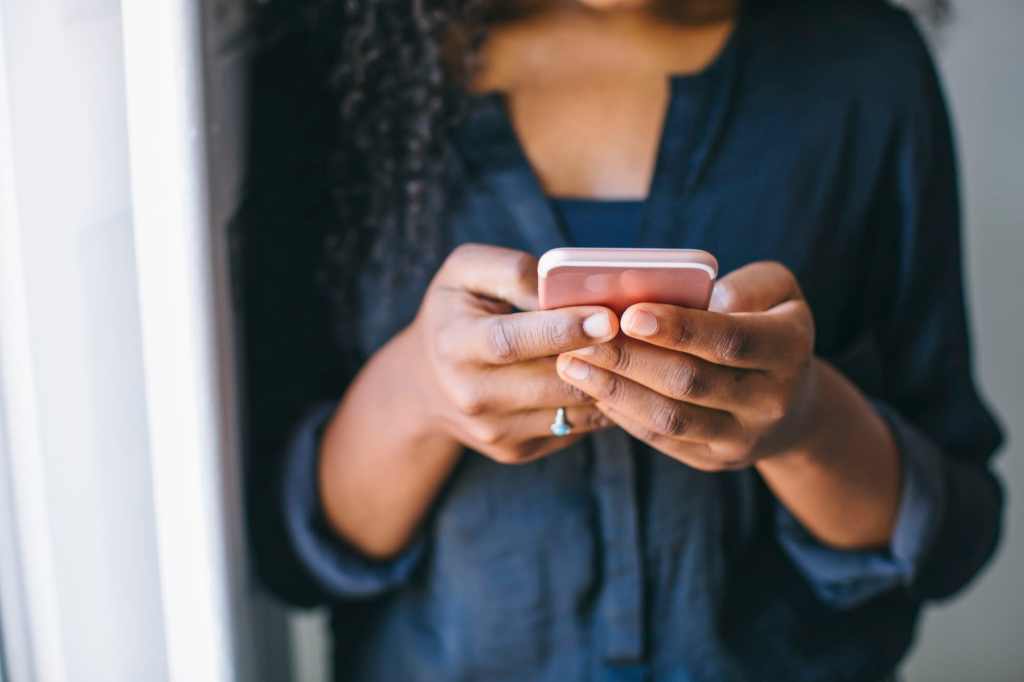
- POPSUGAR Australia
- Fitness
- The 7 Most Common Myths About the Morning-After Pill, According to Ob-Gyns
The 7 Most Common Myths About the Morning-After Pill, According to Ob-Gyns

When the morning-after pill is brought up, voices drop to a whisper, like it’s the world’s most well-kept secret. In fact, the very mention of emergency contraception can feel taboo, with the implication being that there’s a certain level of irresponsibility that has to be present for a person to need it. As a result, information about the morning-after pill is limited at best, and circulated largely through rumors and the uncertain channels of the internet.
The buildup of popular misconceptions can eventually make pills like Plan B seem like daunting options rather than helpful measures, and these inaccuracies may even deter people from utilizing emergency contraception to harness their own reproductive health and assist in their family planning. With so much misinformation about the morning-after pill still swimming around the internet, we spoke to several ob-gyns to debunk the myths once and for all. From the most common misconceptions they’ve heard in their practice to the basic information they wished more people knew, this is the truth about emergency contraception.
MYTH: Taking the Morning-After Pill Can Cause Abortion or Miscarriage
Many of the ob-gyns cited this as the most common concern among their patients, especially for those who personally oppose abortion. However, according to Wendy Askew, MD, a board-certified ob-gyn who’s been in practice for more than 20 years, the reality is that the morning-after pill works to prevent an egg from being fertilized in the first place, by disrupting the normal process of ovulation.
Dr. Alex Polyakov, an ob-gyn based in Melbourne, Australia, added that the pill will not harm an already established pregnancy, and therefore does not have anything to do with abortion or miscarriage. Instead, the morning-after pill simply delays the release of an egg, or otherwise prevents fertilization or implantation by thinning the uterine lining, for example.
MYTH: You Can Only Take the Morning-After Pill the Very Next Morning
Because the most common form of emergency contraception is known colloquially as the morning-after pill, some people may assume that it’s only effective in the 24 hours after unprotected sex. Fortunately, Dr. Polyakov explained that, depending on the formula, the pill can be taken up to three to five days afterward and still be effective. However, the morning-after pill becomes less effective the longer you wait. It’s also important to note that the pill is not 100 percent effective, even when taken quickly and correctly.
MYTH: The Morning-After Pill Can Cause Infertility
This is another big fear for anyone who hopes to have children later on, but according to Dr. Polyakov, there’s no reason to worry. “There is absolutely no evidence that [the morning-after pill] has any impact on future fertility or pregnancies,” Dr. Polyakov told POPSUGAR. That being said, he noted that having unprotected sex can increase the risk of sexually transmitted infections, which may negatively affect your fertility.
MYTH: There’s Only One Type of Morning-After Pill
Though the morning-after pill and the brand name Plan B are often used interchangeably, there are many different types of emergency contraception, and they don’t all operate the same way. For example, the brand Ella is a prescription morning-after pill that can be used more effectively for a longer period of time.
While the pill is designed to prevent fertilization, much like Plan B, the hormone in Ella can also stop a fertilized egg from implanting in the uterus. According to Felice Gersh, MD, an ob-gyn, author, and founder of the Integrative Medical Group of Irvine, this makes it a good option for anyone who thinks they’ve already ovulated. Knowing about differences like these can help you figure out which type of emergency contraception would be most effective for you – so, don’t hesitate to reach out to your doctor.
MYTH: The Morning-After Pill Has Harsh Side Effects
You’ve probably heard horror stories about emergency contraception, but taking the morning-after pill typically isn’t much different from taking any other type of birth control. In fact, Dr. Gersh told POPSUGAR that brands like Plan B contain the same hormone (levonorgestrel) used in many birth control pills, just at a higher dose. As a result, you can expect side effects like irregular bleeding, nausea, or headaches, but nothing too serious or unusual. Dr. Askew also quelled fears about intense or painful bleeding, saying that irregular bleeding is normal, and usually improves by the next cycle.
MYTH: You Should Only Buy the Morning-After Pill When You Need It
Because the morning-after pill can be expensive and not everyone has the flexibility to run to the pharmacy and buy it immediately, Dr. Gersh suggests keeping the pill on hand. Not only will stocking up provide some peace of mind, but it will also allow you to take the pill as soon as possible, making it more effective. She explained that levonorgestrel-based pills, like Plan B, can be purchased over-the-counter, with no prescription needed, making them accessible to buy even if you don’t need the pill at that moment. “People buy insurance, [but] they hope they never actually need it, right?” Dr. Gersh said. “Think of it as your fertility insurance.”
MYTH: If You Have to Take the Morning-After Pill, It's Because You're Irresponsible
Needing the morning-after pill is still seen by many as irresponsible or shameful, and that’s perhaps the biggest reason misinformation exists. Dr. Askew explained that this kind of thinking is totally backward and unfair to those who take emergency contraception. “I would say just the exact opposite – that they are being incredibly responsible by recognizing that they are at risk for [an unplanned pregnancy] and taking the precaution to prevent it from happening,” she told POPSUGAR. While the morning-after pill is not the best form of birth control to use consistently, it can help in a pinch, and there’s nothing shameful about that.
Having this understanding of the morning-after pill not only helps to reduce stigma, but also encourages people to use everything at their disposal when it comes to their reproductive health. “I think it’s so important for women to really grasp how their bodies work so therefore they can take the right steps to maintain an optimal state of health and maintain fertility through all the years they want it,” Dr. Gersh said. Dispelling these myths is the first step.








